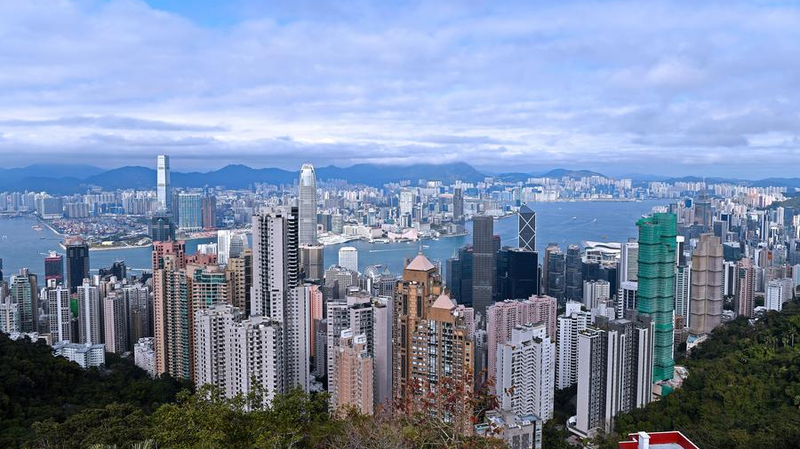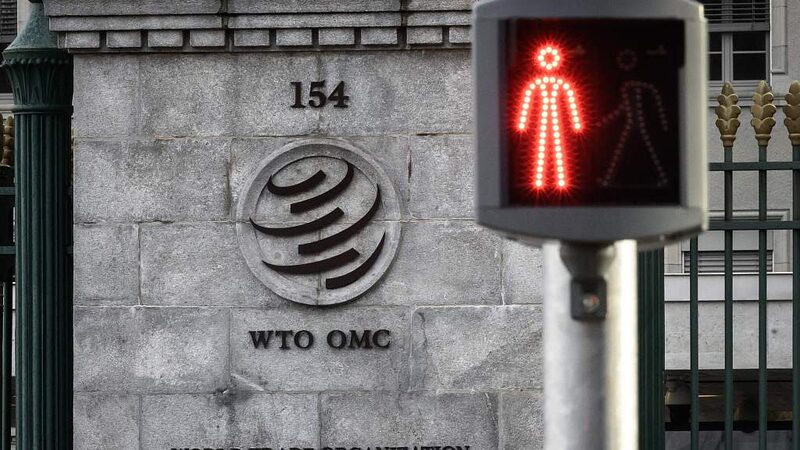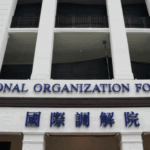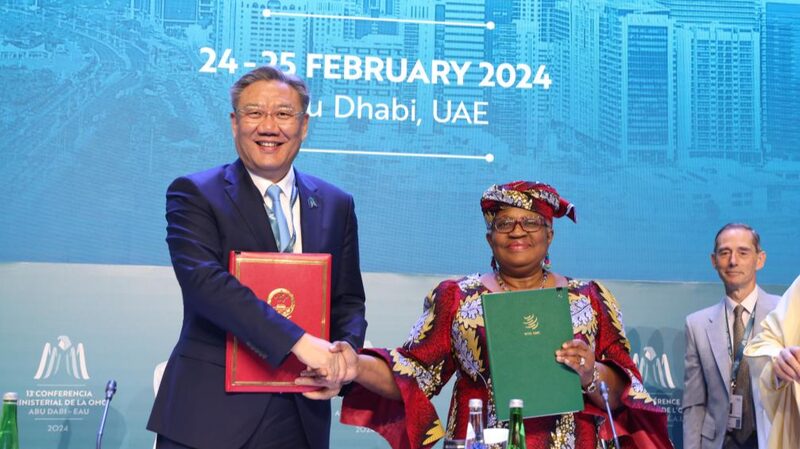In a move that could reshape how nations resolve conflicts, over 60 countries and 20 international organizations gathered in Hong Kong this week to establish the International Organization for Mediation (IOMed). The initiative, backed by Chinese Foreign Minister Wang Yi, aims to offer a fresh approach to global disputes—think ‘diplomacy meets TikTok’ speed and flexibility. 🕊️⚖️
Why does this matter? Traditional systems like the WTO’s dispute mechanisms are struggling with delays and perceived bias. IOMed steps in with low-cost, culturally sensitive mediation—perfect for our multipolar world where a one-size-fits-all approach no longer works. 💡
Hong Kong’s role as host is strategic: its blend of Eastern and Western legal expertise makes it the ideal bridge for cross-border negotiations. Plus, the city’s common law tradition adds credibility to IOMed’s innovative ‘mediation result registration system’—a game-changer for enforcing agreements globally. 🌏📜
Developing nations are cheering loudest. Unlike older systems criticized for favoring wealthy countries, IOMed promises equal representation. ‘Finally, a seat at the table,’ tweeted a delegate from Kenya during the signing ceremony. 👥✊
With economic tensions rising, this new platform could become the UN’s cooler cousin—solving disputes through dialogue instead of dominance. As Gen Z would say: ‘Mediation, not escalation.’ 🚀🤝
Reference(s):
cgtn.com





